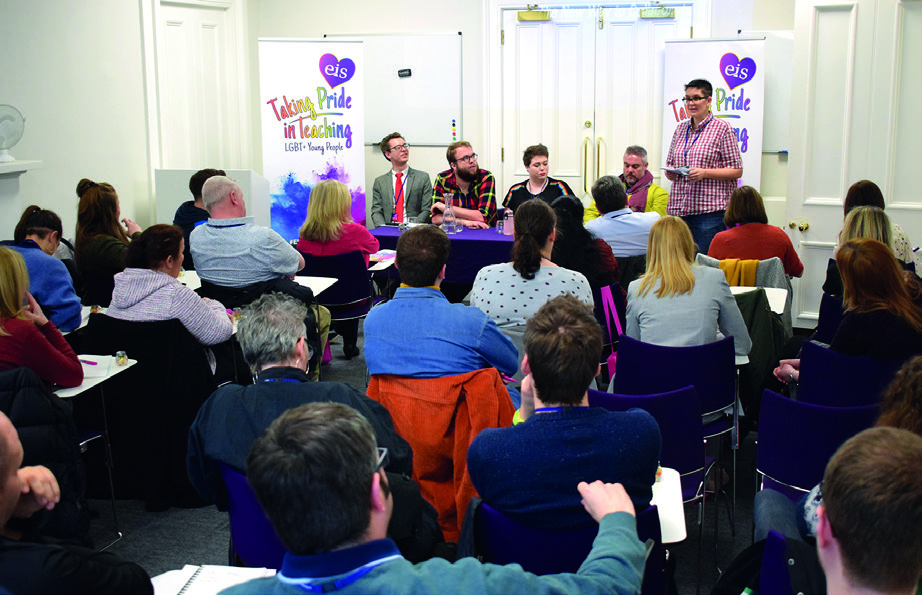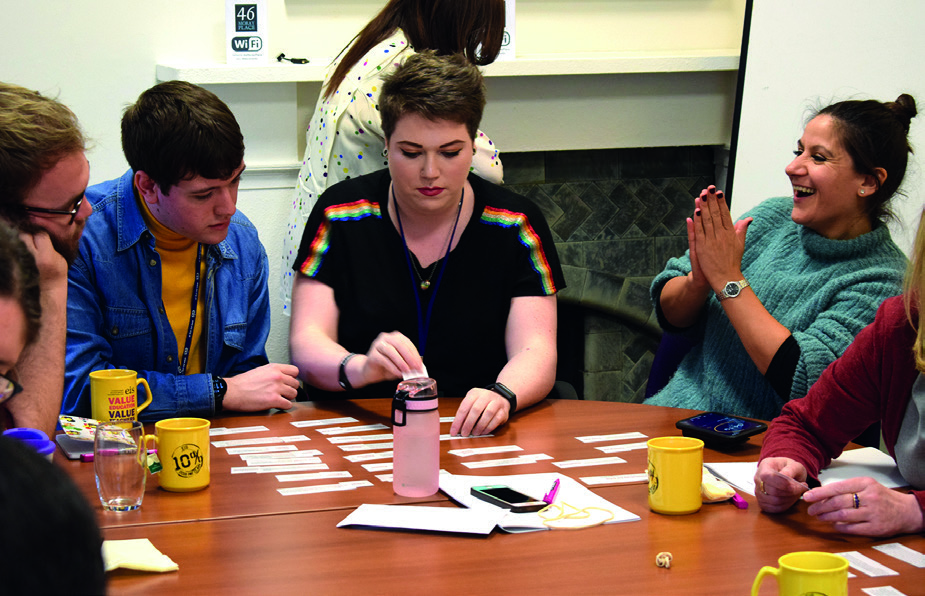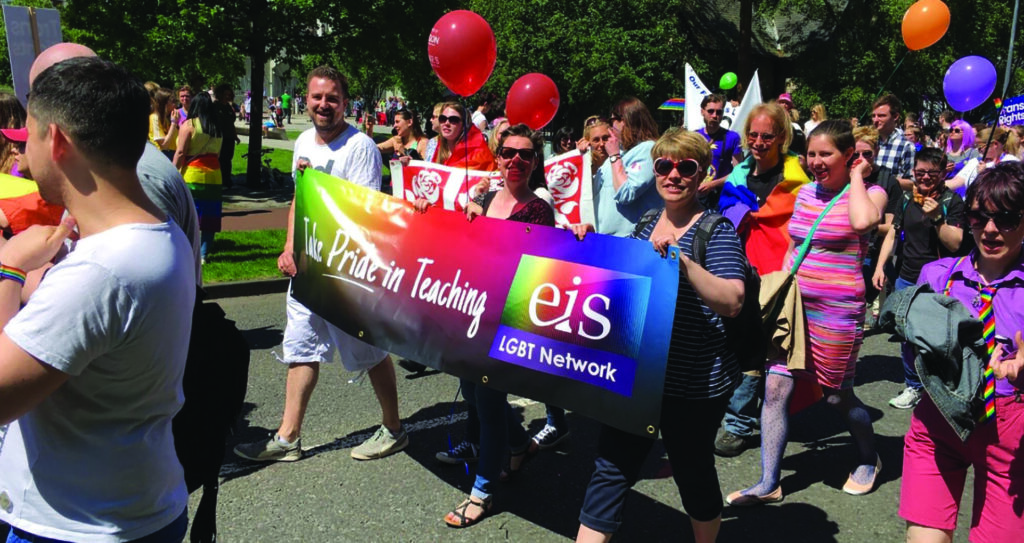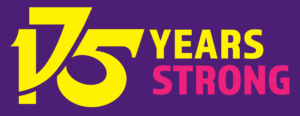In April 1980, a handyman called John Saunders was sacked from his job with the Scottish National Camp Association, at Dounans School in Stirlingshire. There had been no complaints about his performance at work or his interactions with the children at the camp. He had not broken the law in any way.
It had, however, come out that John Saunders was gay. Though gay sex had been decriminalised in England in 1967, it remained illegal in Scotland until 1981.
The EIS immediately saw the implications of the Saunders dismissal: it meant that every gay man and woman whose job involved contact with young people was at greater risk of dismissal than they had been previously.
Such dismissals were not just a remote possibility for teachers, the EIS argued, but a real threat. In 1978, a teacher was fined £50 for “an offence against the law on homosexuality”. The teacher was subsequently deregistered by the General Teaching Council – purely for the crime of being gay.
Meanwhile, gay teachers lived in fear of being accidentally outed. As a male gay EIS member working in a secondary school put it, “It’s like living on a perpetual knife edge. You’re just waiting for the day when a colleague or pupil confronts you with a direct question about your sexuality.”
Though gay sex was eventually decriminalised, it was followed shortly by the introduction of Section 28 (known as Section 2A in Scotland), which banned the “promotion of homosexuality” by any local authority, and “the teaching in any maintained school of the acceptability of homosexuality as a pretended family relationship.”
The EIS campaigned vigorously against Section 28 through the 1990s, and it was ultimately repealed by the Scottish Parliament in 2000.
Things have been slowly improving for gay teachers in Scotland. The STUC has been running its LGBT conference since 2012, and the EIS has consistently sent delegates there.
In 2014, the EIS established an informal network for LGBT+ teachers; an official LGBT subcommittee was introduced in 2018.
In 2014, an independent charity set up its TIE campaign: Time for Inclusive Education. This campaign began as a petition to the Scottish Parliament for LGBT-inclusive teaching in every school.
Although it did not see eye to eye with TIE on every aim, the EIS supported the campaign and has worked closely with TIE over the years to achieve shared objectives.
The TIE campaign was successful: starting in 2021, LGBT-inclusive education will be implemented in every Scottish school.
In June 2020, as a result of the Covid pandemic, the EIS held its first online Pride event. It focused on 20 years since the repeal of Section 28, and looked at what strides had been made – and what challenges remain – for LGBT equality in Scottish education.


On Saturday 25 January, EIS members from all over Scotland gathered at EIS HQ in Edinburgh for a professional learning event on implementing LGBT+ inclusive education, under the title Taking pride in teaching LGBT+ young people.
Members from across primary, secondary, early-years and FE settings were joined by expert partners from the education sector and beyond, taking part in workshops on the topic of making Scottish education inclusive for LGBT+ learners, ensuring that all young people feel represented and valued in their schools and colleges.
An EIS AGM 2019 motion resolved that the Institute welcome Scottish government guidance on LGBT+ inclusion and work with key partners to ensure that it is implemented in every school in Scotland, building on the EIS’s established role advocating for inclusive education in Scotland over many years

ACKNOWLEDGEMENTS:
Research, interviews and substantive writing:
Adi Bloom
Design and lay-out:
Stuart Cunningham and Paul Benzie
Additional writing and research:
EIS Comms Team and assorted staff members
Printed by:
Ivanhoe Caledonian, Seafield Edinburgh
Photography:
Graham Edwards, Mark Jackson, Elaine Livingston, Toby Long, Ian Marshall, Alan McCredie, Alan Richardson, Graham Riddell, Lenny Smith, Johnstone Syer, Alan Wylie


Thanks to the many former activists and officers who gave of their time to be interviewed and taken a stroll down memory lane. And of course a very special thanks to the EIS members who created this history through their activism and commitment to the cause of Scottish Education.
© 2022 The Educational Institute of Scotland